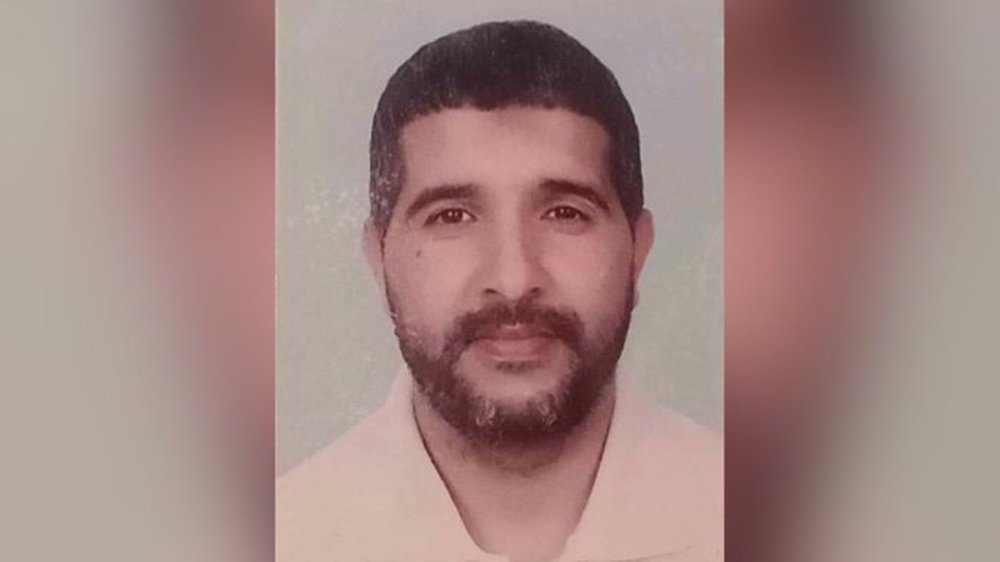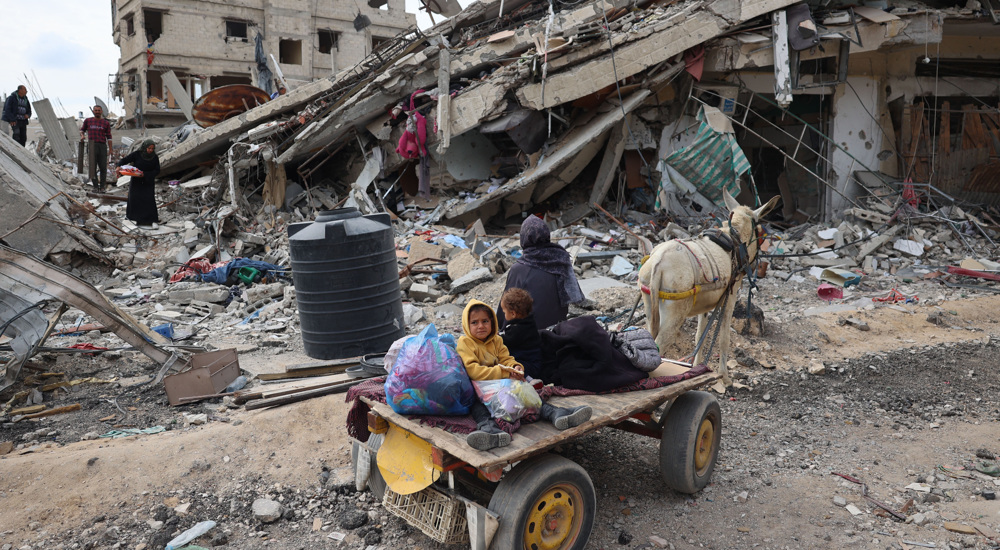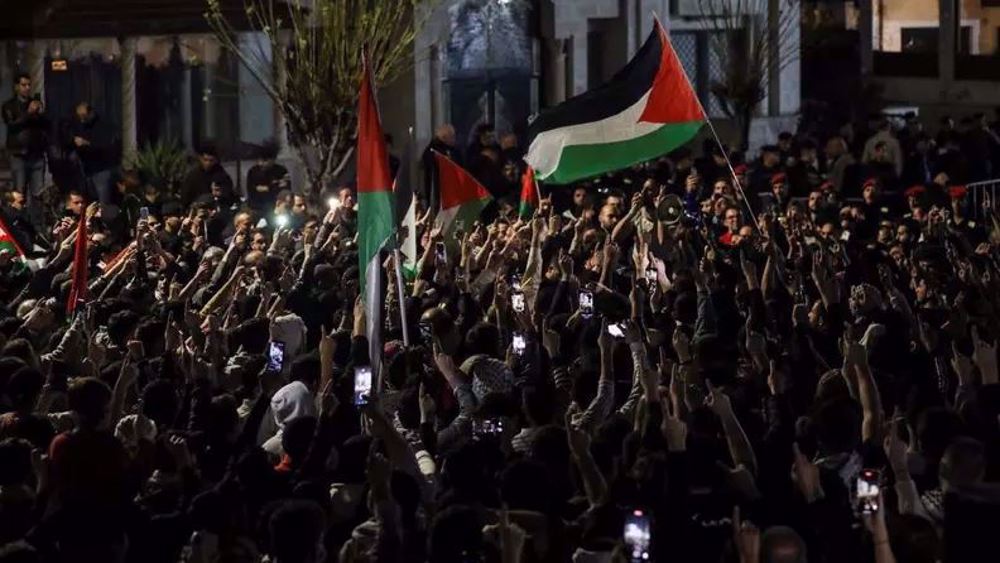Tripoli authorities cede power to Libyan unity government
Libya’s self-declared government in the capital Tripoli has announced that it has ceded power to a UN-backed unity government in an attempt to prevent further sectarian clashes and end political chaos in the strife-torn country.
“We inform you that we are ceasing the activities entrusted to us as an executive power,” said a statement released by the unrecognized National Salvation government on Tuesday, adding that the Tripoli authorities were “no longer responsible... for what could happen in the future.”
The statement further said that the authorities made the decision to hand over the power because they were determined to “preserve the higher interests of the country and prevent bloodshed and divisions” in the North African country.
The development came almost a week after unity government Prime Minister-designate Fayez al-Sarraj along with several members of his cabinet arrived from Tunisia at Tripoli’s Abusita naval base by boat amid threats from rival factions, which prevented him from arriving by air.
Earlier, however, the so-called General National Congress (GNC) in Tripoli, had branded their entry into the city illegal and demanded that Sarraj either leave or surrender.

Upon his arrival in the capital on March 30, Sarraj said "uniting Libyans and healing divisions” were among the challenges the country is facing.
“We will work for a ceasefire across Libya, for national reconciliation and the return of displaced people, and we will seek to confront” the Daesh Takfiri terrorist group, he added.
Formed under a power-sharing deal signed on December 17 last year in Morocco, the Government of National Reconciliation is tasked with taking over from rival groups running different parts of the North African state.
The new government, however, has not yet received the endorsement of the internationally-recognized government, which is largely based in the northeastern city of Tobruk.
Libya's two rival administrations have been vying for power since mid-2014, when militias overran the capital and forced the parliament to flee to the country’s remote east.
The oil-rich African country has been dominated by violence since a NATO military intervention followed the 2011 uprising that toppled and killed longtime dictator Muammar Gaddafi.
Daesh, which is in control of some parts of Iraq and Syria, and other militants have also used the lack of security to build a base in the country.
Report: Israeli warplanes bomb positions in southwestern Syria, Iraq
US forces smuggle stolen Syrian oil into bases in Iraq: Report
VIDEO | Press TV's news headline
Situation normal after air defenses fire at 'suspicious objects' in Iran
‘Iran retaliation against Israel ensured no aggression would go unanswered’
US vetoes Palestinian request for full UN membership
Iran sufficed to strike only part of Israel’s military positions: FM to UN chief
IRGC: Israel’s Dimona nuclear reactor not among Op. True Promise’s targets












 This makes it easy to access the Press TV website
This makes it easy to access the Press TV website